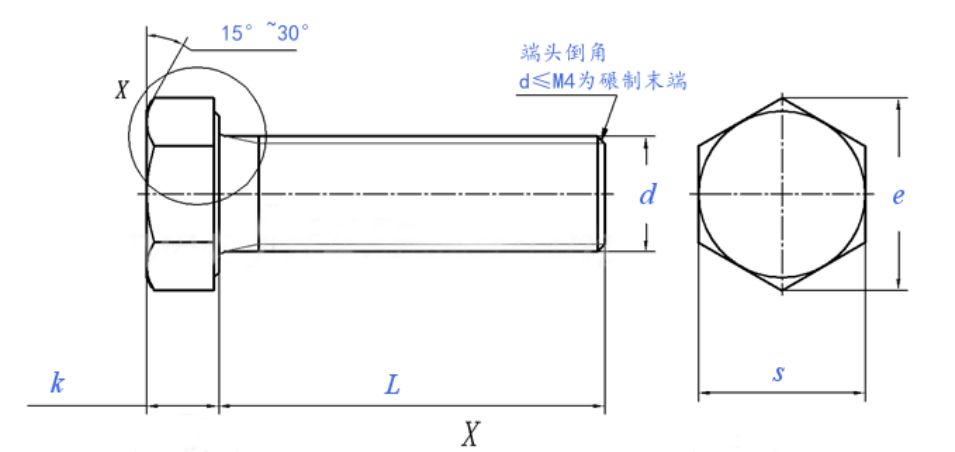OEM Bolts for Pergola Construction and Installation Solutions
Nov . 11, 2024 00:01 Back to list
OEM Bolts for Pergola Construction and Installation Solutions
Understanding OEM Bolts for Pergola Construction
When it comes to constructing a pergola, the choice of materials plays a pivotal role in determining its durability, aesthetics, and functionality. Among these materials, bolts are essential components that are often overlooked. These small yet crucial elements ensure that the structure remains stable and secure over time. This article delves into the significance of OEM (Original Equipment Manufacturer) bolts specifically designed for pergolas and how they contribute to the overall integrity of the structure.
What are OEM Bolts?
OEM bolts refer to bolts that are specifically designed and manufactured by a company for use in a particular product or application. In the context of pergolas, OEM bolts are crafted to meet the unique specifications required for pergola assembly. Unlike generic bolts that may not fit perfectly or bear the necessary load, OEM bolts are engineered to ensure compatibility with the materials and designs commonly used in pergola construction.
Importance of Quality in Pergola Construction
The quality of the bolts used in pergola assembly directly impacts the safety and longevity of the structure. Pergolas often endure varying weather conditions, from strong winds to heavy rainfall, requiring components that can withstand such stress. OEM bolts are typically constructed from high-grade materials such as stainless steel or galvanized steel, providing rust resistance and strength. Using high-quality bolts is not merely a matter of preference but a necessity in maintaining the structural integrity of the pergola.
Benefits of OEM Bolts
1. Precision Fit One of the primary advantages of using OEM bolts is their precision fit. These bolts are designed to work seamlessly with specific pergola components, ensuring snug connections that reduce the likelihood of movement and potential failure over time.
oem bolts for pergola

2. Enhanced Load-Bearing Capacity Pergolas can support various elements, from climbing plants to outdoor lighting. OEM bolts are engineered with load-bearing capabilities in mind, ensuring that the pergola can handle additional weight without compromising stability.
3. Corrosion Resistance Since pergolas are often installed outdoors, exposure to moisture can lead to rust and deterioration. OEM bolts are often treated for corrosion resistance, which prolongs their lifespan and maintains the overall health of the structure.
4. Consistency in Design When building a pergola, maintaining a consistent aesthetic is crucial. OEM bolts are available in a variety of finishes and styles that can complement the design of the pergola, ensuring that every element aligns with the overall aesthetic.
5. Warranty and Support Choosing OEM bolts often comes with the advantage of manufacturer support. Many OEM suppliers provide warranties for their products, which can offer peace of mind to builders and homeowners alike, knowing they are using reliable components.
Installation and Maintenance Tips
When using OEM bolts for pergola construction, proper installation is key. Ensure that all bolts are tightened securely and are aligned correctly to avoid any undue stress on the structure. Regular maintenance checks should be conducted to examine the bolts and connections for signs of wear or corrosion. This proactive approach can help prevent potential issues before they escalate.
Conclusion
In conclusion, OEM bolts are an essential component for anyone looking to construct a durable and aesthetically pleasing pergola. By choosing high-quality, precision-engineered bolts, builders can ensure the safety, stability, and longevity of their pergola. As a fundamental part of pergola assembly, investing in quality OEM bolts can make all the difference in creating a structure that not only enhances outdoor spaces but also stands the test of time.
Latest news
-
High-Quality Panel Stud Bolt Reliable Panel Stud Bolt Factory & Suppliers
NewsJul.08,2025
-
High-Precision Fine Thread Locknuts Manufacturer & Supplier Custom Solutions
NewsJul.08,2025
-
PH Imperial Stud Bolt – High Strength Fasteners from Leading Supplier & Factory
NewsJul.07,2025
-
High-Quality Allen Wrench Bolts Leading Factory, Company & Suppliers
NewsJul.07,2025
-
Wholesale Ball Stud Bolt - High Quality Supplier & Factory Price Reliable Wholesale Ball Stud Bolt Company
NewsJul.06,2025
-
High-Strength Alloy Bolts Manufacturer & Supplier Quality Alloy Fasteners Factory
NewsJul.06,2025
